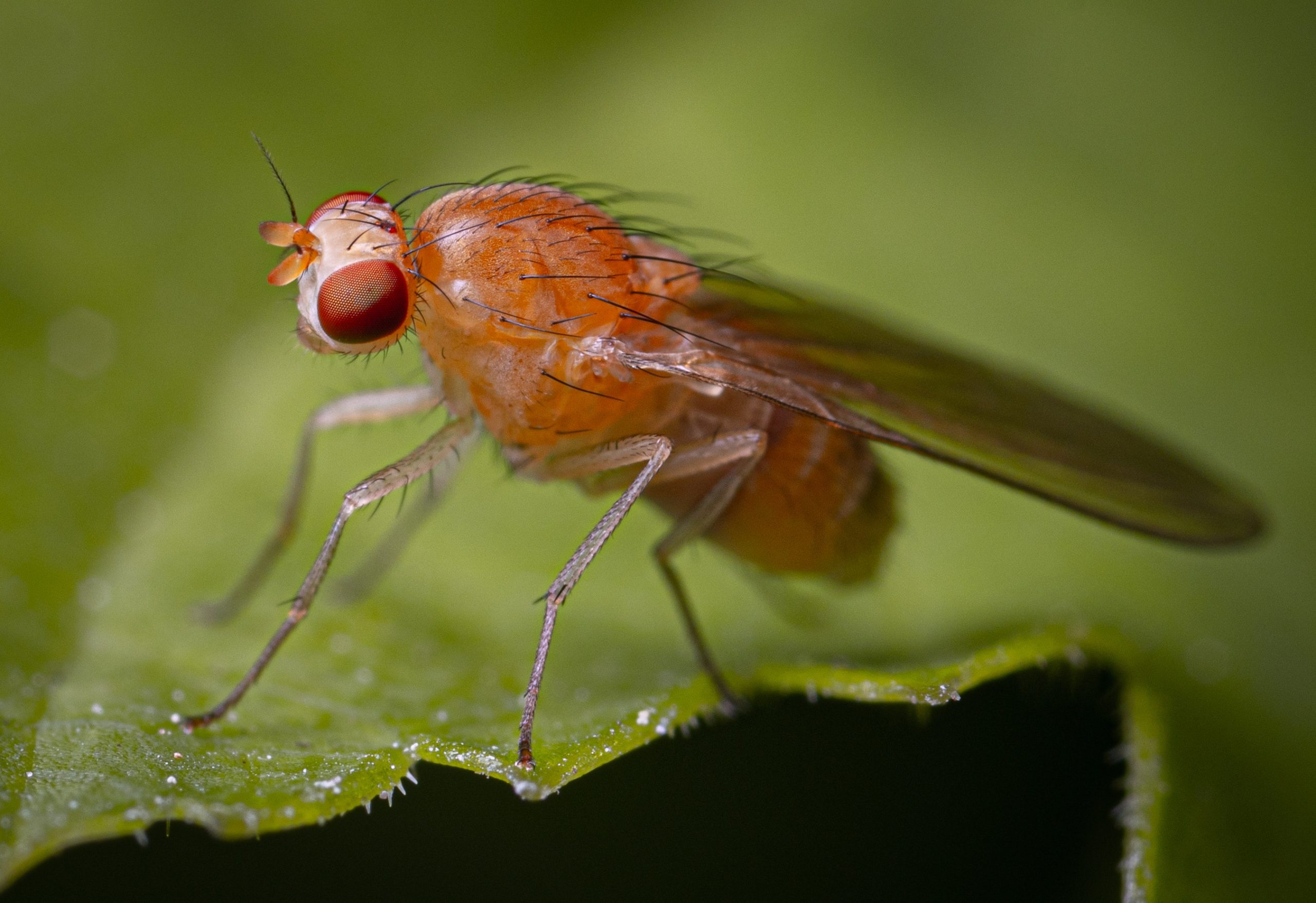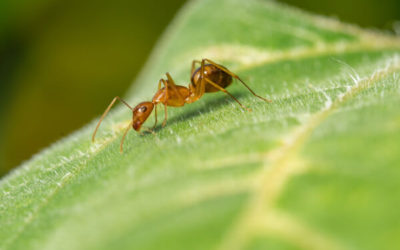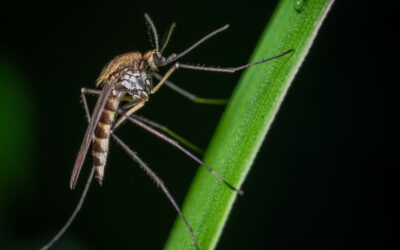
Keeping Flies off Your Food
Summertime is the best time of year to enjoy meals with your family and friends. The wide variety of fresh vegetables and fruits in season, not to mention grilled meats and popsicles, are all the stars of the summer social show. But pesky flies can spoil a picnic before it even begins. Flies can carry several dangerous diseases and bacteria, so it’s hard to enjoy a meal when flies won’t stay away or leave your food alone. Before planning your next outdoor get-together, take a moment to come up with some strategies for keeping flies off your food.
How to keep flies off your food
There are several things you can do to keep flies off your food. The following methods are strategies that offer a variety of ways to keep flies off your food, including using physical barriers, directing airflow strategically, and repelling flies with natural solutions. If needed, you can also seek professional help with implementing environmental changes to discourage fly breeding, setting fly traps, and treating fly-infested areas with insecticides. These methods can work together to help you create the ideal scenario for stress-free summer fun, so that you can enjoy meals with your friends and family–not flies.
Use physical barriers:
The most direct and obvious way to keep flies off your food is to use physical barriers to protect food, drinks, and especially trash. Keep food covered when not eating, especially large platters of appetizing meats and desserts. Seal up any large bottles of sugary beverages such as juice and soda when not pouring drinks, and keep lids on any pitchers of sugary drinks like lemonade and sweetened iced tea. Be sure to slide pitcher lids to the closed position when not pouring drinks. Tightly seal all trash to reduce its likelihood of attracting flies to your area.
Direct airflow strategically:
Use electric fans such as box fans to prevent flies from landing on food. While using a fan may cool off a hot platter faster, the change in food temperature might be worth sparing your food (and especially your guests) the potentially dangerous contamination that flies can bring. Plus, it’s always nice to have a fan blowing cool air on a hot summer day!

Repel flies naturally:
To repel flies naturally, try planting thyme, peppermint, and lavender around the areas where you like to entertain outdoors. These plants can help ward off several pests, including flies. Eucalyptus oil also repels flies. Soaking strips of fabric in this essential oil and hanging them around your food areas can help deter flies from approaching the area. You can also try cutting a lemon in half and studding it with several pieces of the whole clove spices, then leaving this item on the table where you want to discourage flies from landing.
If you have tried the above methods and are still experiencing difficulty keeping flies off your food, contact West Termite, Pest & Lawn today. Our experienced technicians are standing by to help.
More posts from West Termite, Pest & Lawn
Deterring Ants from Going Into Your Kitchen
Ants are among the most common household pests, and the kitchen, with its abundant food sources and moisture, is a prime target for these tiny invaders. Understanding how to deter ants from entering your kitchen involves a combination of preventative measures,...
Diseases That Rodents Can Bring
Rodents, while often small and seemingly innocuous, are significant carriers of numerous diseases that can pose serious health risks to humans. These pests, including rats and mice, thrive in various environments, often seeking refuge in human dwellings where food,...
Dealing with Mosquito Season
As the weather warms up, many of us look forward to spending more time outdoors, enjoying our yards, and hosting barbecues. However, with the arrival of summer comes the unwelcome presence of mosquitoes. These pesky insects are not just a nuisance; they can also pose...



